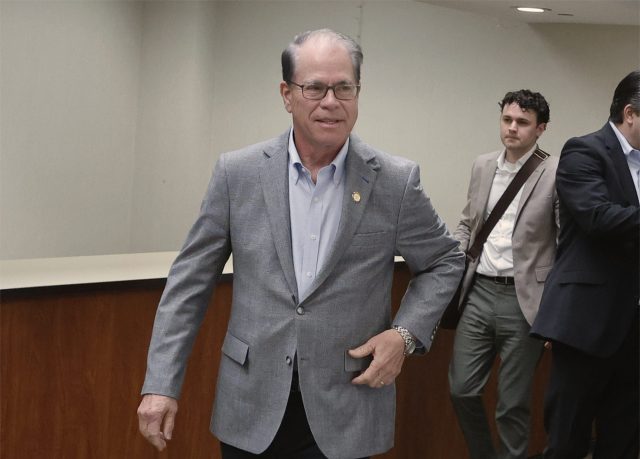Green Watchdogs Clash: Local Activists Challenge Indiana's Environmental Policies

As Governor Mike Braun champions public health initiatives in Indiana, environmental advocates are calling for more comprehensive action to demonstrate a genuine commitment to Hoosier well-being. While the governor has taken initial steps toward improving public health, activists argue that deeper, more transformative measures are necessary to address environmental concerns and protect community health.
Braun's recent efforts have sparked both praise and skepticism, with environmental groups pushing for more robust policies that go beyond surface-level improvements. They believe that true commitment requires a holistic approach to public health that considers long-term environmental impacts and sustainable solutions.
The ongoing dialogue between the governor's office and environmental activists highlights the complex challenge of balancing economic interests with environmental protection and public health priorities. As Indiana continues to navigate these critical issues, the ultimate goal remains creating a healthier, more sustainable future for all Hoosiers.
